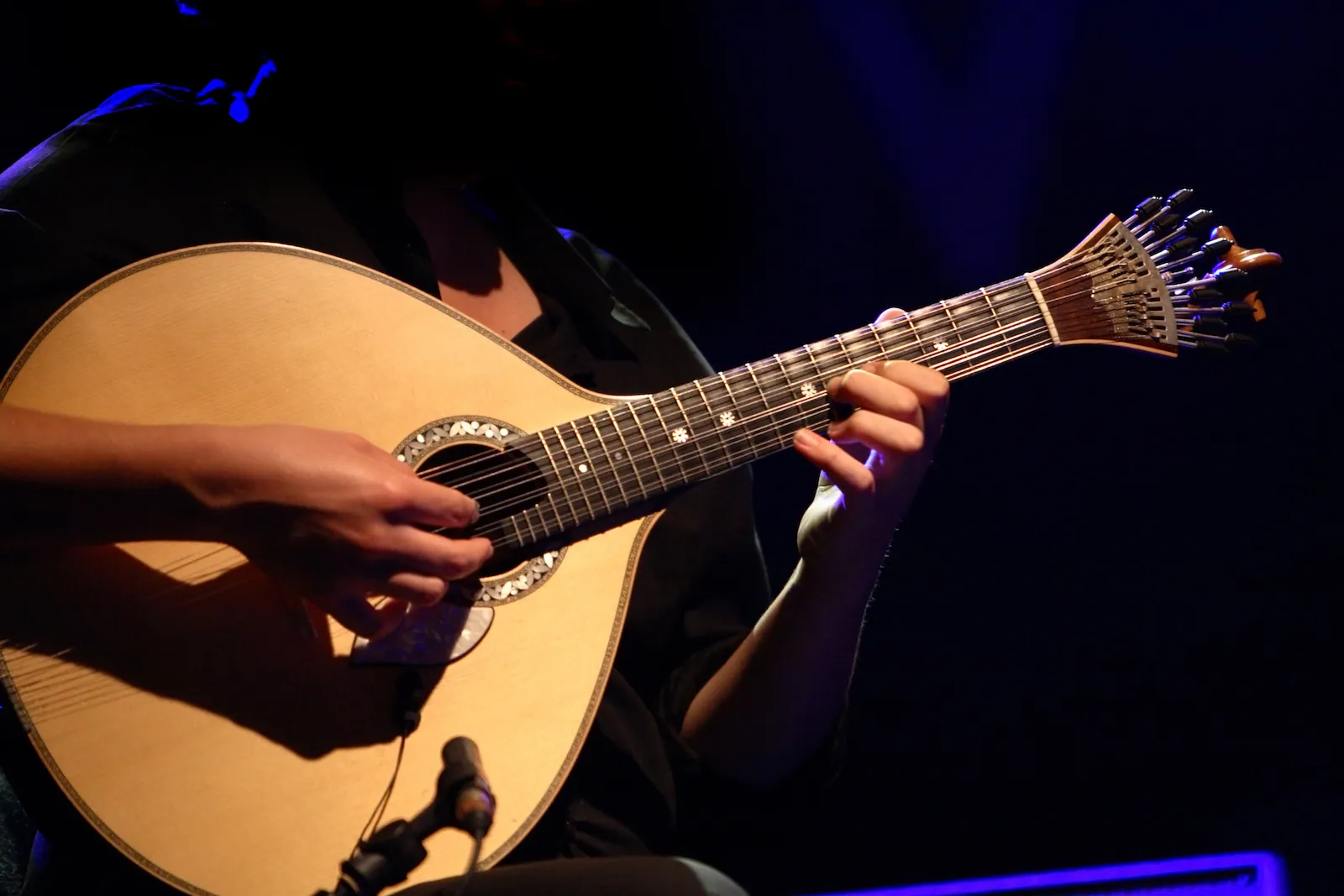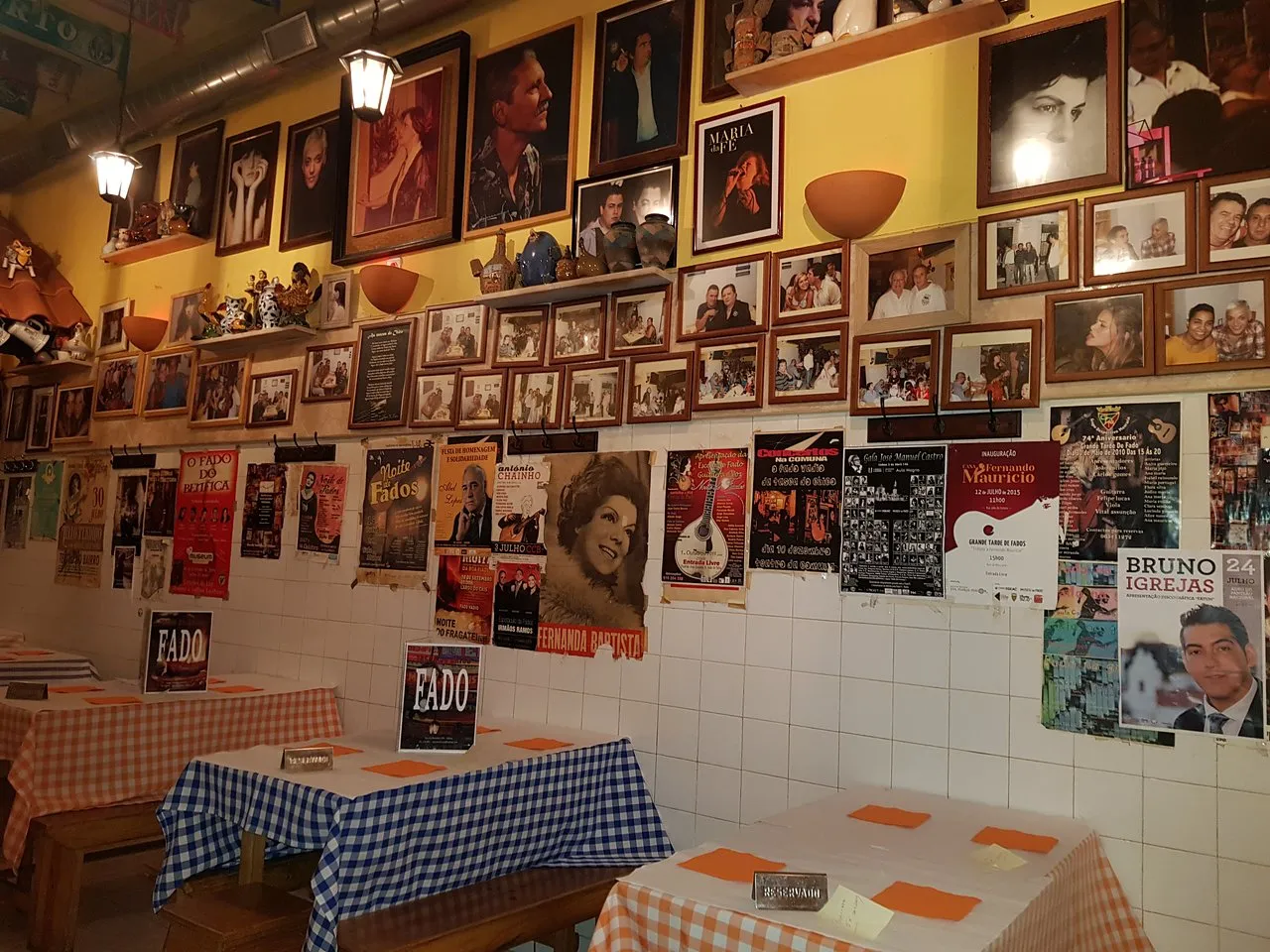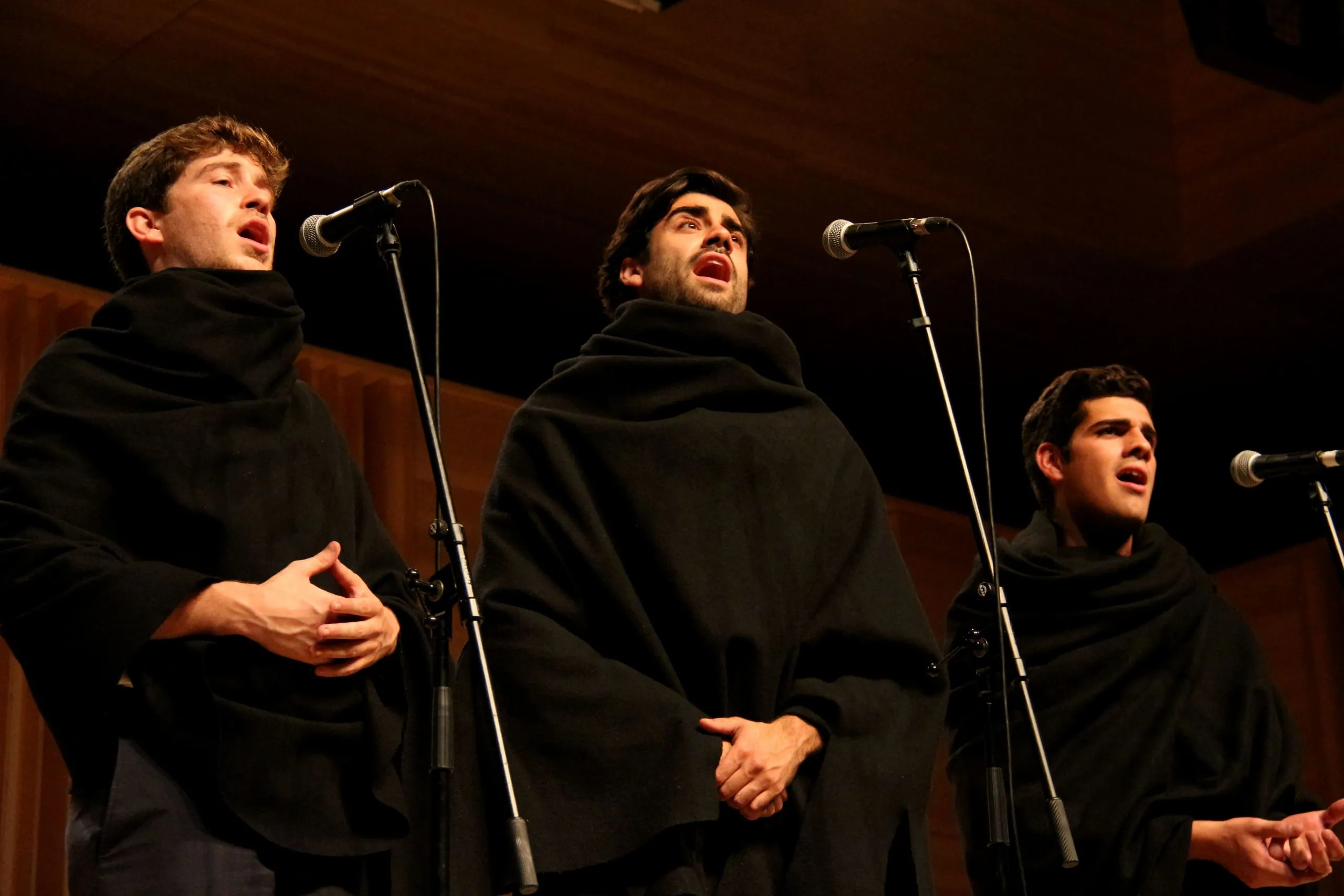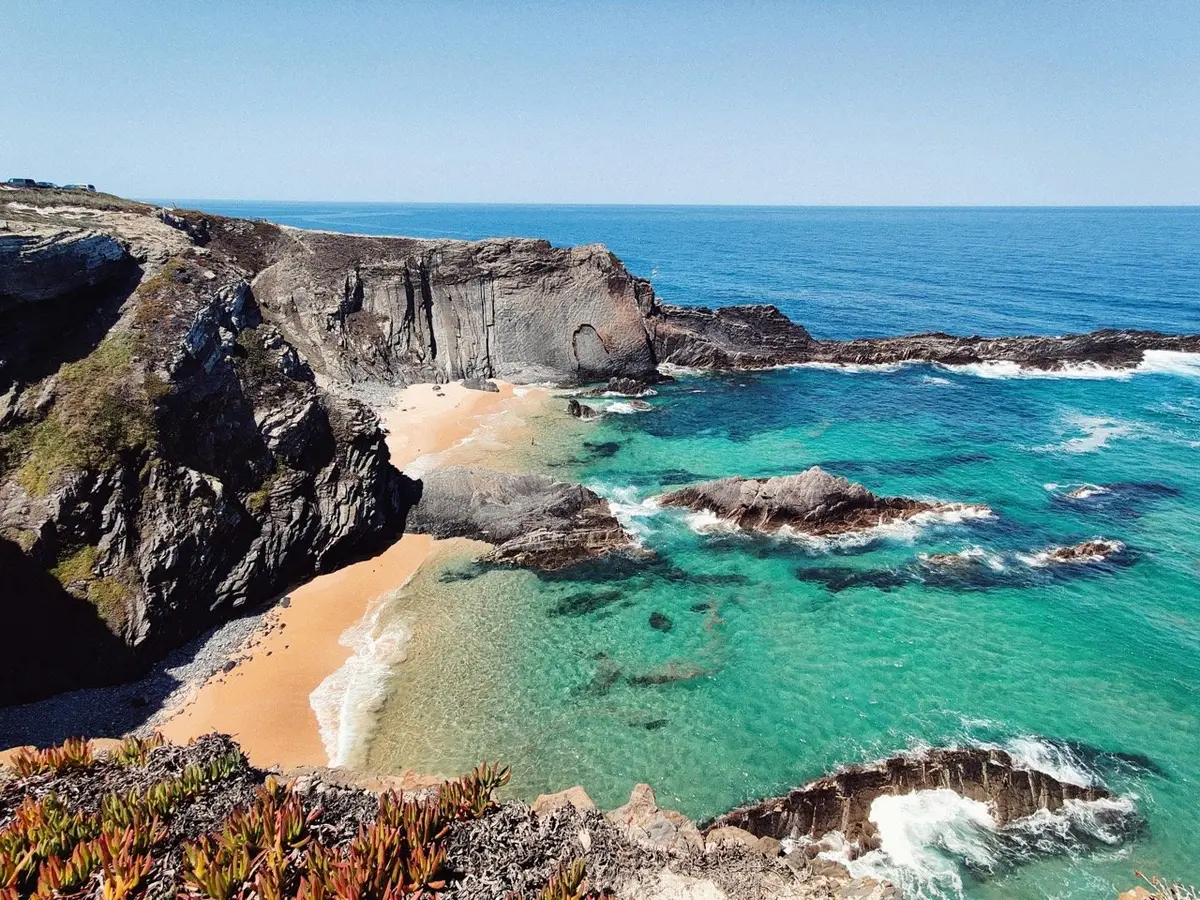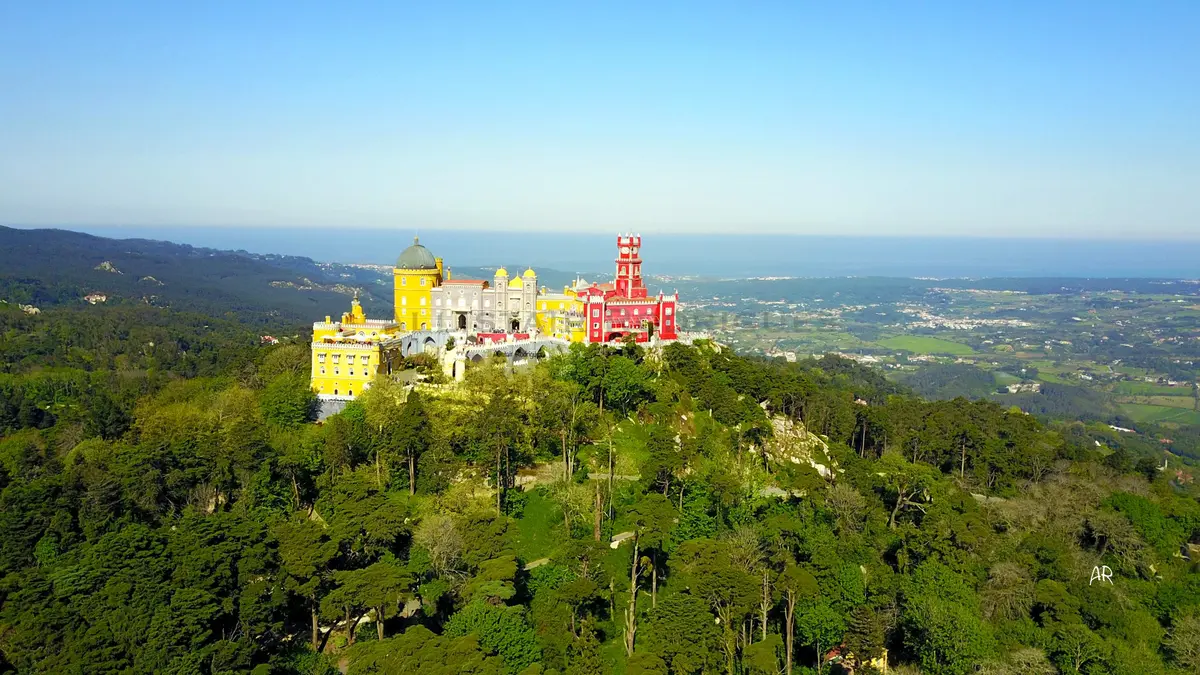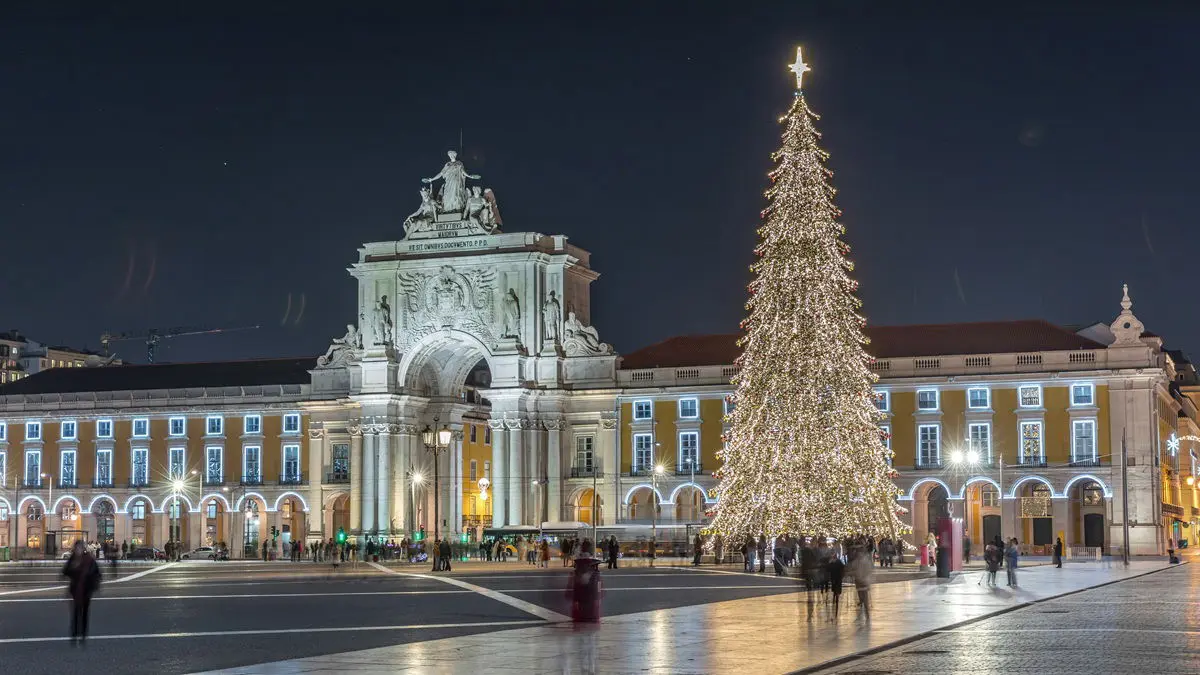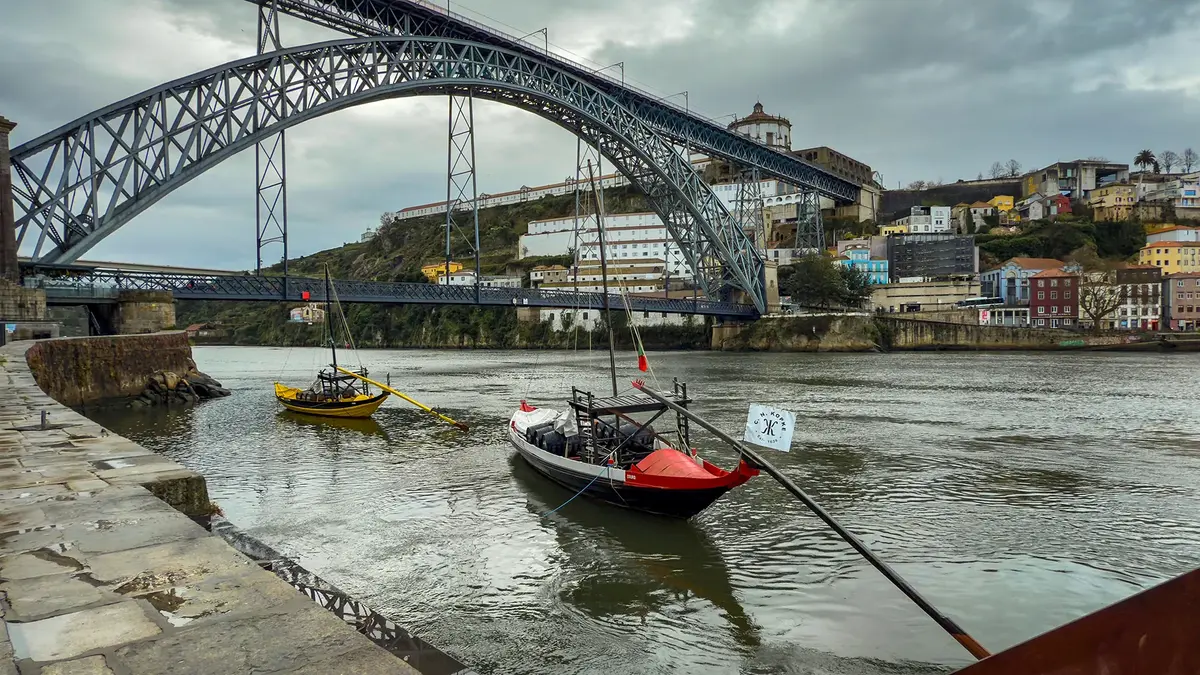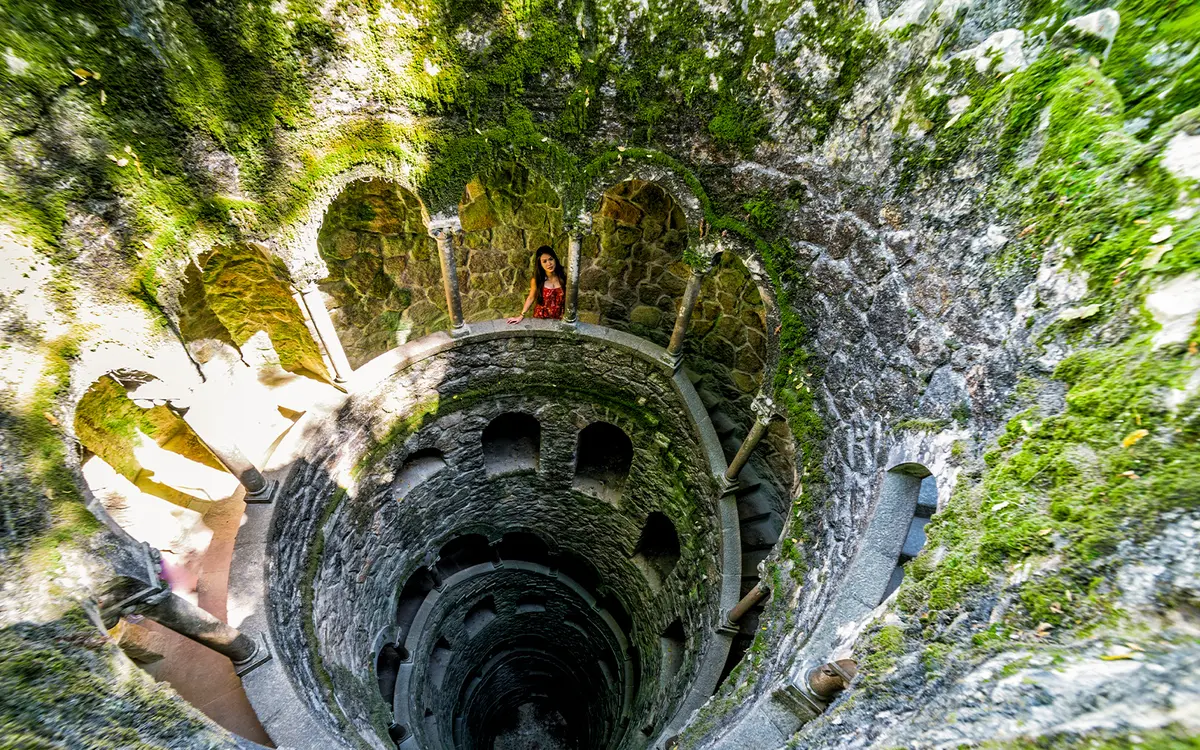Experiencing Portugal Fado music isn’t just checking off a tourist attraction—it’s a direct pathway into the Portuguese soul that will leave you forever changed. After wandering through Lisbon’s cobblestone alleys and feeling the haunting melodies firsthand, I can tell you that understanding Fado transforms how you connect with this incredible country. From the raw, intimate taverns of Alfama to the scholarly serenades of Coimbra, this UNESCO World Heritage art form offers travelers an emotional journey unlike any other.
What is Portugal Fado Music? The Sound of Saudade
Portugal Fado music is far more than entertainment; it’s the audible expression of a uniquely Portuguese feeling called saudade. This bittersweet emotion blends nostalgia, melancholy, and a profound longing for something or someone absent, yet it carries a tenderness and gratitude for what was. When you hear that first haunting note of the guitarra portuguesa echoing through Alfama’s narrow streets, you’re experiencing centuries of Portuguese emotional history.
The word Fado derives from the Latin “fatum,” meaning fate or destiny, revealing the music’s core theme: an acceptance of life’s unchangeable aspects. While many assume Fado is purely sad, it actually serves as an emotional catharsis, giving voice to the full spectrum of human experience, from the deepest sorrow to the simplest joys.
What makes a traditional Fado performance:
- The Fadista: The solo singer, male or female, who channels raw emotion.
- Guitarra Portuguesa: A twelve-stringed, pear-shaped cittern producing crystalline, “weeping silver” tones.
- Viola de Fado: A standard classical guitar that provides the rhythmic foundation.
- Best time to experience: Evening performances typically start around 9 PM in Lisbon and 6 PM in Coimbra.
Lisbon’s Authentic Fado Houses: Where to Find the Real Soul
Lisbon’s Fado scene is centered in the three historic neighborhoods where the music was born: Alfama, Mouraria, and Bairro Alto. Each offers a different flavor of this emotional experience, from polished dinner shows to spontaneous tavern singing.
Top Fado Venues in Lisbon (Reviewed)
- Tasca do Chico (Bairro Alto): For raw, intimate authenticity, this legendary tiny institution gets “elbows-in-your-face packed” with locals and savvy tourists. Performers sing just feet away, creating incredibly intimate shows with unpredictable lineups that mix seasoned artists with passionate amateurs. There is a minimum spend of around €10 per person; arrive very early.
- Mesa de Frades (Alfama): Perhaps the most atmospheric venue, set in a former 18th-century chapel with original azulejo tiles. It’s often described as “candlelight, wine, and that silence right before someone sings their heart out,” featuring renowned fadistas and promising new talent. Prices are higher, but it’s consistently rated “worth every penny.”
- Clube de Fado (Alfama): For an elegant dinner-show experience with top-tier professionals like Cuca Roseta and Rodrigo Costa Félix, this is a reliable choice. Ancient stone columns and a sophisticated atmosphere make it ideal for special occasions, though at a premium price.
Estimated costs: €15-€50 per person, depending on the venue and whether dinner is included. Reservations are essential for popular spots.
Pro-Tip: While some venues offer incredible experiences, dinner packages can be overpriced with mediocre food. For better value and authenticity, consider attending a music-focused show and dining separately at a local tasca.
Coimbra Fado: The Scholar’s Serenade
Coimbra offers an entirely different Fado experience, one rooted in academic tradition rather than working-class origins. Here, exclusively male singers wearing traditional black university capes perform a more structured, poetic Fado governed by centuries-old conventions.
Essential Coimbra Fado Venues
- Fado ao Centro: The perfect cultural introduction, with daily 50-minute shows at 6 PM. Run by university students, the highlight is the post-performance port wine gathering where musicians answer questions about history and tradition. Book tickets in advance, as this popular venue fills quickly.
- À Capela: An unforgettable atmosphere inside a restored 14th-century chapel, with shows starting around 9:30 PM. It also functions as a bar and restaurant, requiring reservations, especially for dinner packages.
- Café Santa Cruz: Enjoy free performances in a stunning former 1500s chapel, typically at 6 PM and 10 PM daily. Arrive by 5:30 PM for the popular early show. Note that food and drinks are cash only.
Critical Etiquette Difference: In Coimbra, you must never applaud. Appreciation is shown with a soft clearing of the throat or a quiet cough after a song ends. This scholarly tradition demands a different form of respect than Lisbon’s enthusiastic clapping.
Transportation: Coimbra is about 2 hours by train from Lisbon (€15-€25). The historic center is easily walkable from the Coimbra-A station.
Essential Fado Etiquette and Avoiding Tourist Traps
The cardinal rule of any Fado house is: “Silêncio, que se vai cantar o Fado” (Silence, Fado will be sung). This isn’t mere politeness—absolute silence creates the sacred connection between performer and audience that defines authentic Fado.
Essential Do’s and Don’ts
- DO arrive early, silence all devices, and give your complete attention.
- DO hold your applause until the songs have completely finished (in Lisbon only).
- DON’T talk, whisper, or order during performances.
- DON’T use flash photography or sing along.
- DON’T treat the music as background for your dinner.
Avoiding Tourist Traps: Be skeptical of aggressive street promoters, especially near Rua das Portas de Santo Antão. Authentic venues don’t need to harass passersby. Beware of “dinner & show” packages with large, laminated picture menus displayed outside—these are often overpriced and serve mediocre food.
Red flags: Large menus with food pictures, pushy street touts, and venues that do not enforce silence during performances.
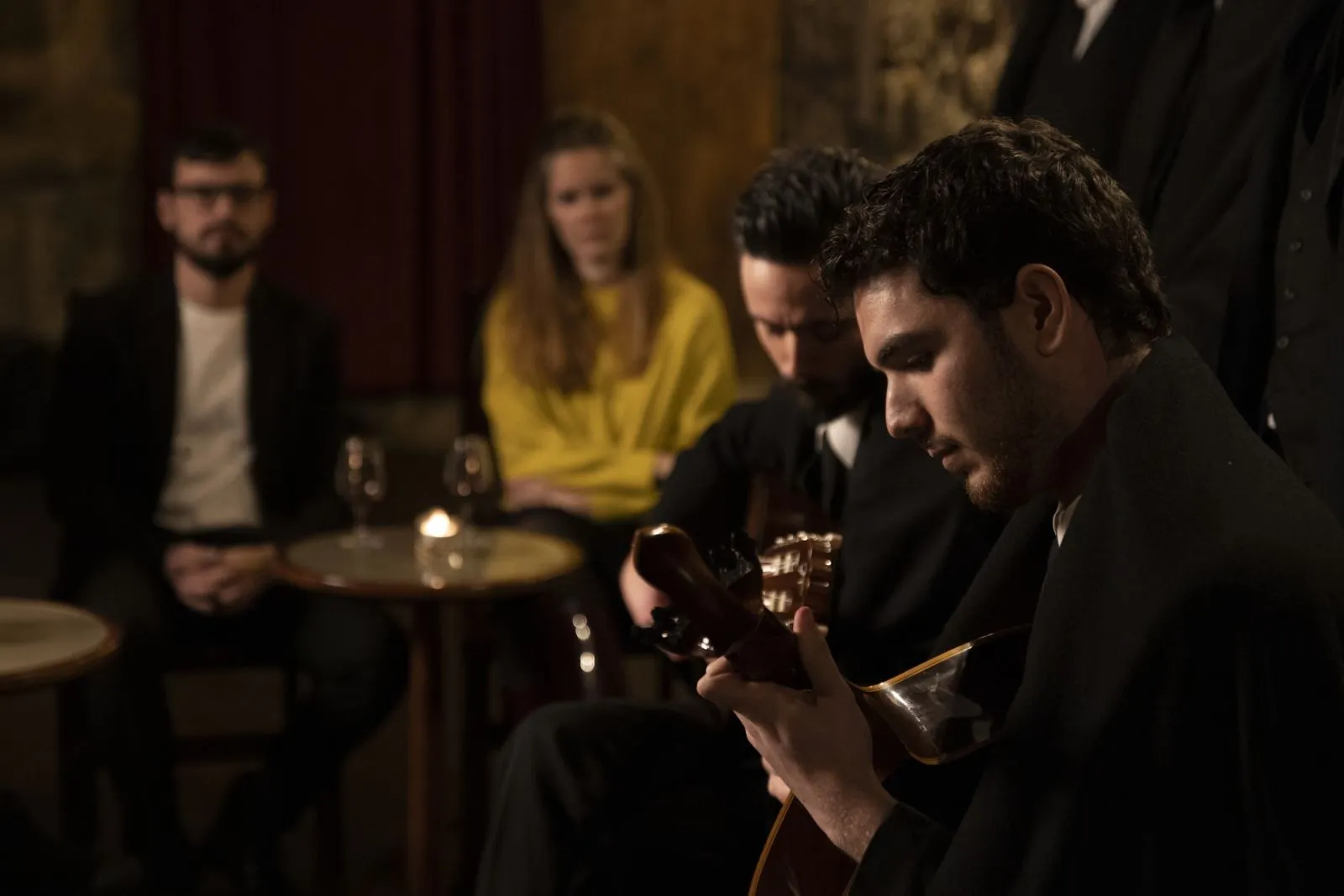
Modern Fado Artists: Your Essential Playlist
While Amália Rodrigues remains the undisputed “Queen of Fado,” contemporary artists keep the tradition of Portugal Fado music vibrant for 21st-century audiences. Building familiarity with these voices will significantly enhance your live experience.
Must-Know Contemporary Artists
- Mariza: The biggest international Fado star, born in Mozambique and raised in Mouraria. Rolling Stone praised her for singing Fado “not as musty nostalgia but as exuberant 21st-century pop.” Her multiple Grammy nominations have made her Fado’s most recognized modern ambassador.
- Carlos do Carmo (1939-2021): Often called the “Frank Sinatra of Fado,” he incorporated jazz influences and full orchestras. His song “Lisboa Menina e Moça” is a beloved Lisbon anthem.
- Ana Moura: Known for her rich, sensual voice that blends Fado with pop, soul, and rock. Her collaborations with Prince and The Rolling Stones helped expand Fado’s global reach.
- Camané: For traditional purists, he is one of the most respected male voices, known for his intense and deeply soulful interpretations.
Spotify/Apple Music Tip: Create a Fado playlist before your trip to familiarize yourself with the melodies and emotional styles you’ll encounter live.
Fado Cultural Sites to Deepen Your Understanding
Beyond live performances, two Lisbon institutions provide essential context for a serious appreciation of Fado.
- Museu do Fado (Alfama): Located in historic Alfama, this definitive museum uses interactive displays, audiovisual recreations, and vast collections to trace Fado from its 19th-century origins to the present day. Visiting here is essential for understanding the cultural context before you attend a live show.
- Address: Largo do Chafariz de Dentro 1, 1100-139 Lisboa
- Hours: Tuesday-Sunday 10 AM-6 PM
- Admission: €5 adults, €2.50 students/seniors
- Casa-Museu Amália Rodrigues: The preserved former home of Fado’s greatest icon offers an intimate glimpse into Amália’s world. Walking through the rooms where she met with poets and musicians provides a profound connection to Fado’s modern development.
- Address: Rua de São Bento 193, 1250-219 Lisboa
- Hours: Tuesday-Sunday 10 AM-1 PM, 2 PM-6 PM
- Admission: €5 adults
These cultural sites work perfectly as afternoon activities before an evening Fado performance, providing a historical foundation that significantly enriches your live experience.
A night of Portugal Fado music transcends typical tourist activities. It offers a direct immersion into centuries of Portuguese emotional expression that creates lasting memories far beyond your trip. Whether you choose the raw tavern intimacy of Lisbon or the scholarly reverence of Coimbra, you are participating in a living UNESCO World Heritage tradition that connects you to Portugal’s deepest cultural identity through the universal language of human feeling.
Read more:
